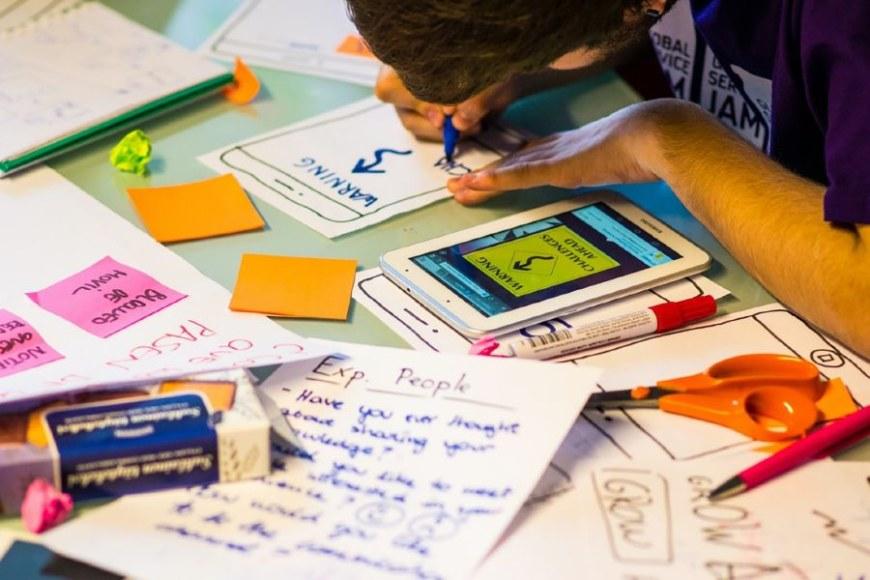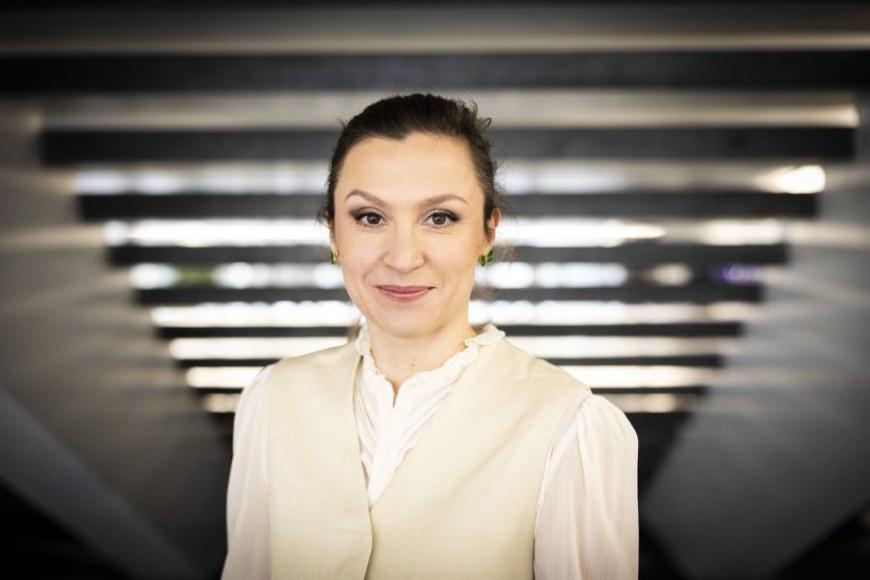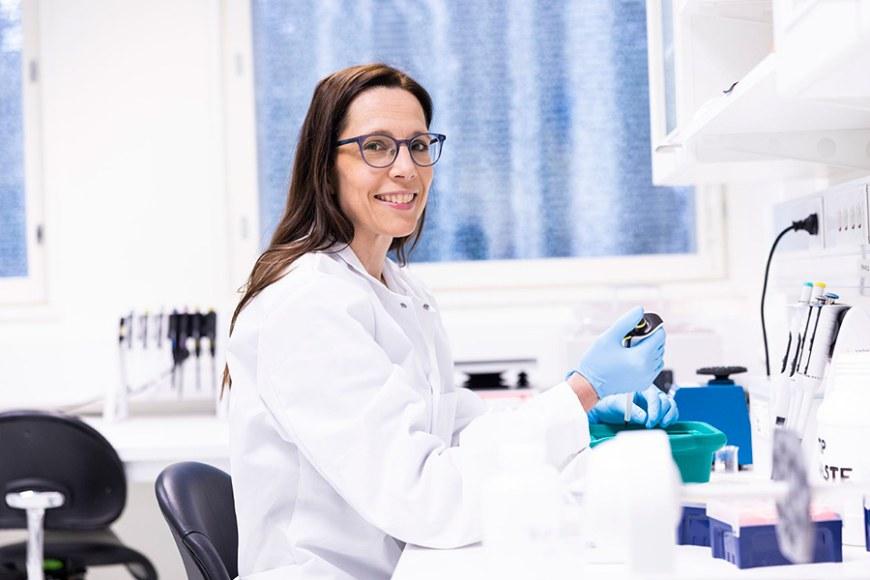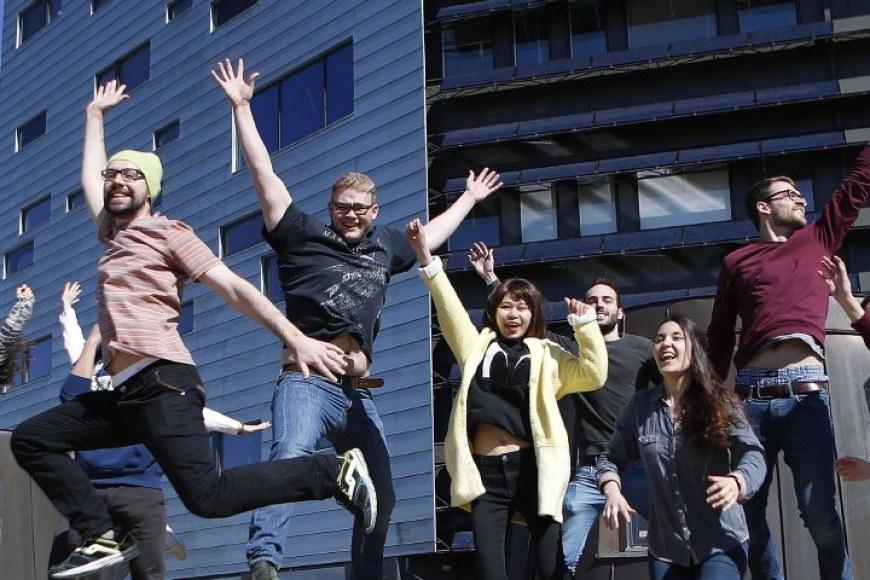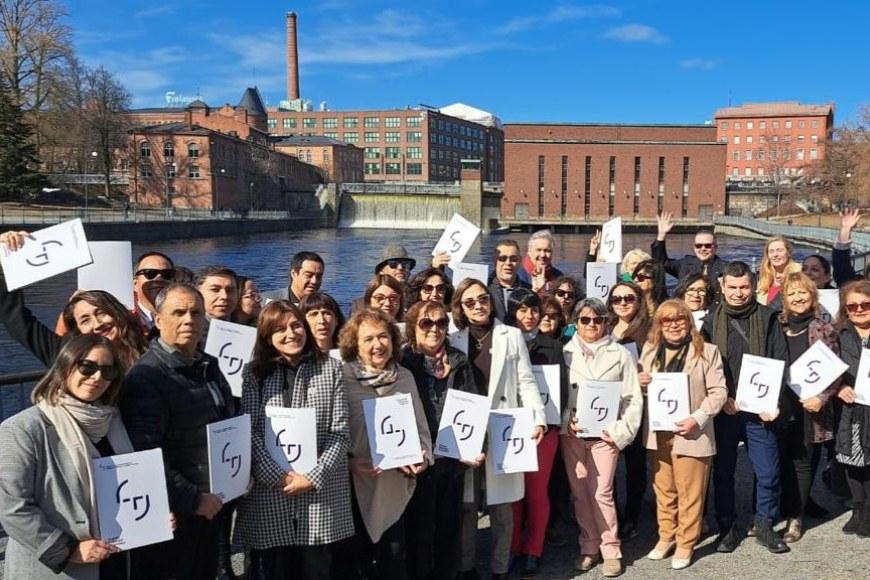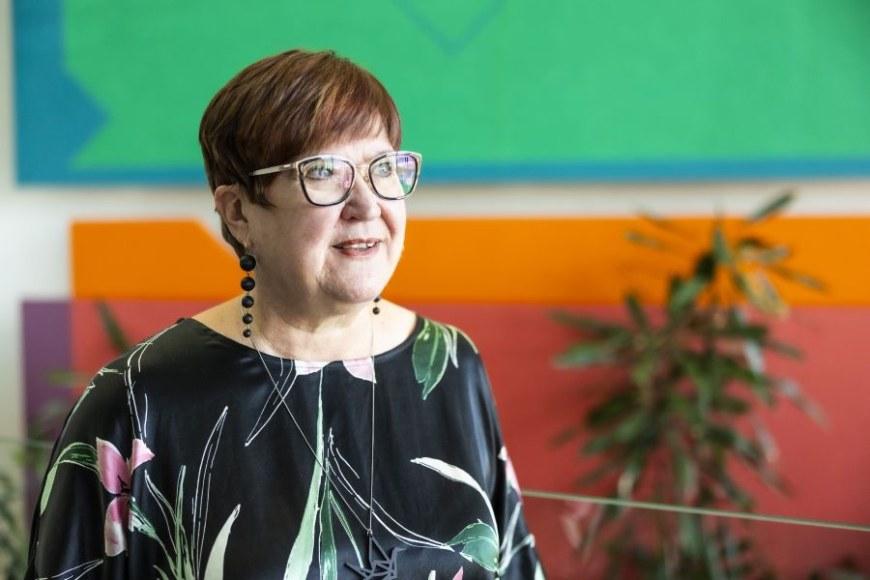Culture For All – a two-day Accessibility Event at the Universities community streamed live on Yle Areena
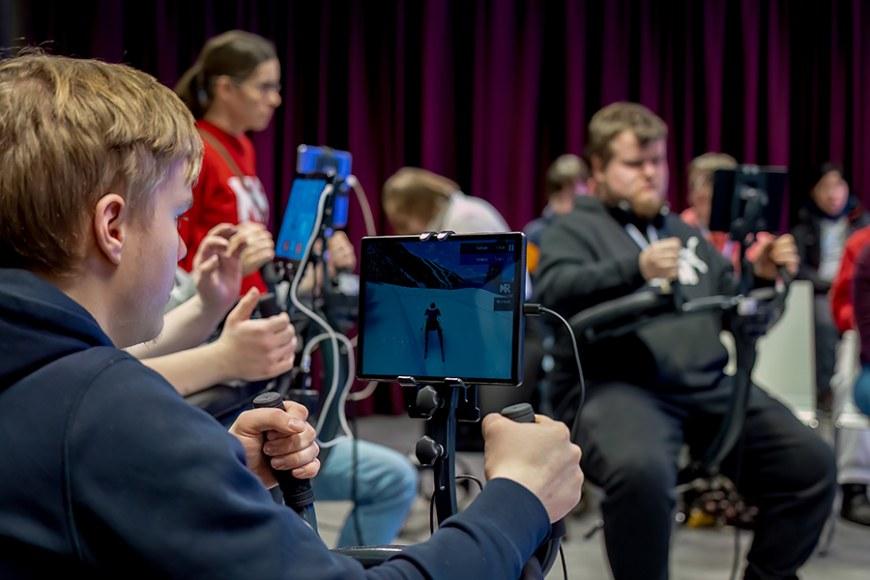
The joint Accessibility Week programme of Tampere University and Tampere University of Applied Sciences has gained wider visibility via Yle Areena, as the two-day Over the barriers – Towards Equal Culture event was streamed live on the service. The event was organised by TACCU –Tampere Accessibility Unit at Tampere University.
The accessible gaming event included Special eSports, which is a barrier-free Paidia Open eSports competition. In addition to the competition, the programme included player interviews and a panel discussion on accessible gaming.
The accessible culture event featured a presentation by Mika Kylänen at Tampere University of Applied Sciences on the potential of user-centredness in accessibility. In addition, Milla Lindh from the Finnish Deafblind Association gave a speech on cultural participation from a disability perspective. The event also included a panel discussion on theme Towards equal culture.
Developing accessibility is an attitudinal challenge
The panel discussions strongly highlighted the potential of technology and artificial intelligence from an accessibility perspective. Discussions focused on the extent to which technology can be relied on and the extent to which it can be held responsible.
Markku Turunen, Professor of Interactive Technology at Tampere University, moderated the panel discussions on both days. Turunen believes that the idea of leaving accessibility to AI is fundamentally flawed for two reasons:
“AI is an important technology in helping to make life more accessible, but it cannot solve all the challenges. We cannot think that AI will magically solve all the world’s problems,” Turunen says. “Secondly, developing accessibility is not a technological challenge, but an attitudinal one. If we can create a positive attitude towards accessibility, AI can help,” he notes.
Public knowledge of accessibility is still superficial
The events discussed how to build accessibility of cultural services through closer collaboration. In Turunen’s view, the most important thing at the moment is to raise public awareness and thus create positive attitudes:
“The actors in the cultural sector are small, which is why collaboration between them is needed. We also need to eradicate misconceptions about accessibility and broaden our understanding of technological possibilities. Awareness and positive attitudes towards accessibility are needed. This will help us to make the cultural sector more accessible,” Turunen says.
Tampere University of Applied Sciences and Tampere University are organising a free pilot training for people working in the performing arts at Pirkanmaa area in the framework of the SMART ART – Changing Skills in the Performing Arts project. The project and training aim to apply an experimental and agile approach, harnessing multidisciplinarity as an asset and making culture more accessible. The training will start in December 2022.
The trainers are experts in the project’s subject areas at Tampere University of Applied Sciences and Tampere University, as well as visiting experts and professionals working in the performing arts.
“In the upcoming SMART ART training we want to provide very concrete, tailor-made information on the use of technology in the cultural sector. Accessibility is one of its pillars,” Turunen says.
“In addition, our multidisciplinary teaching and research unit, TACCU, brings together the potential at the Universities community in this regard,” he mentions.
“We have established close links with the sector, both nationally and internationally. Our most notable achievement is that we offer the largest English-language Master’s level accessibility education in the world. Our most important task is to establish ourselves as an integral part of the Universities community,” Turunen adds.
